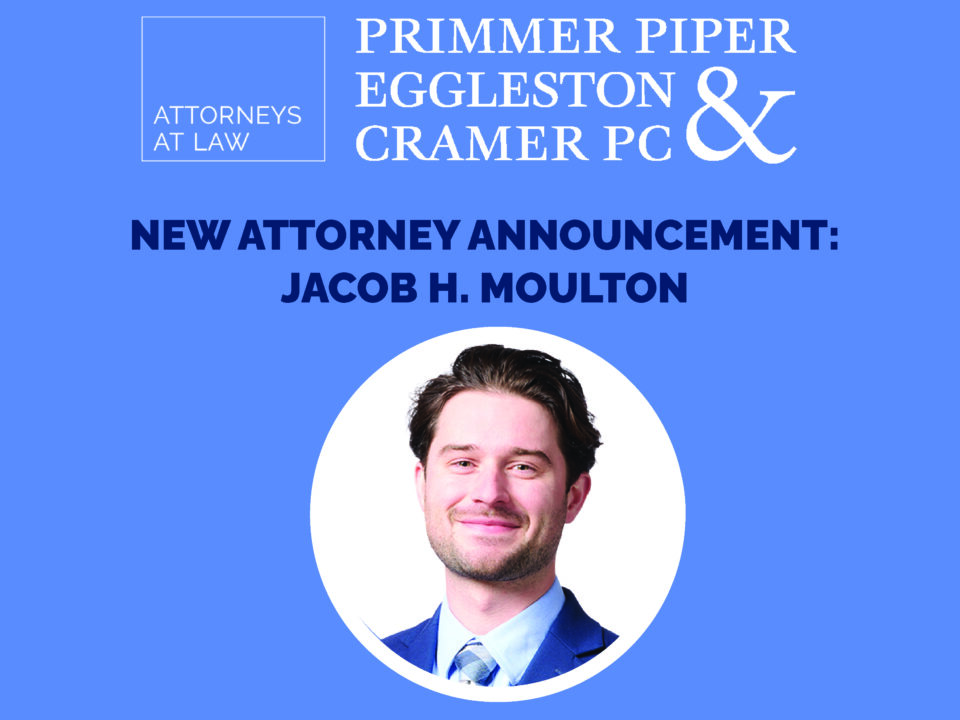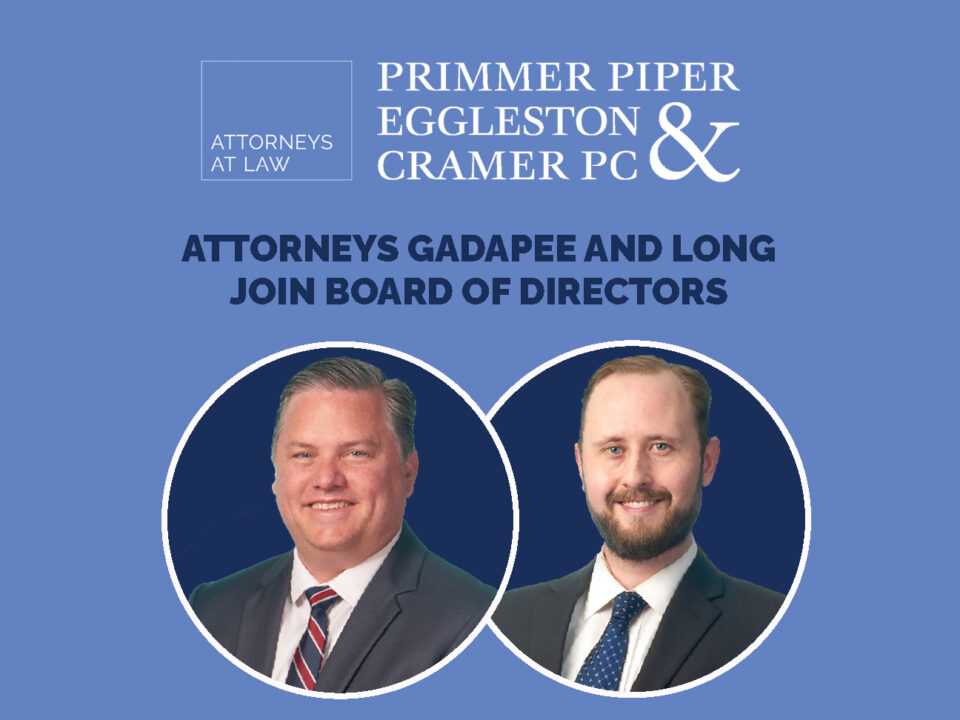
NH Suspends Eviction, Foreclosure & Utility Shut-Offs | What Business Owners Need To Know

From the Vermont State House | 4.10
On March 13th 2020, President Trump issued a National Emergency Declaration. Pursuant to Section 1135 of the Social Security Act, the President’s declaration, and the Secretary for Health and Human Services (“HHS) previous Public Health Emergency Declaration on January 31, 2020, Center for Medicare and Medicaid Services (“CMS”) is authorized to waive certain Medicare, Medicaid and Children’s Health Insurance Program (“CHIP”) program requirements and conditions of participation. All authorized waivers have a retroactive effective starting date of March 1, 2020 and will remain active throughout the Public Health Emergency.
Pursuant to the 1135 Waiver, the following changes have been authorized:
- Following HIPAA Privacy Rule regulations are waived for 72 hours following the implementation by a hospital of its disaster protocol:
- the requirements to obtain a patient’s agreement to speak with family members or friends or to honor a patient’s request to opt out of the facility directory (as set forth in 45 C.F.R. § 164.510);
- the requirement to distribute a notice of privacy practices (as set forth in 45 C.F.R. § 164.520); and
- the patient’s right to request privacy restrictions or confidential communications (as set forth in 45 C.F.R. § 164.522).
- Requirements that physicians and other health care professionals hold licenses in the State in which they provide services, if they have an equivalent license from another State is waived (and are not affirmatively barred from practice in that State or any State a part of which is included in the emergency area).
- Waives EMTALA sanctions for the direction or relocation of an individual to another location to receive medical screening pursuant to an appropriate state emergency preparedness plan or for the transfer of an individual who has not been stabilized if the transfer is necessitated by the circumstances of the declared Federal public health emergency for the COVID-19 pandemic.
- Waives or modifies certain conditions of participation, certification requirements, program participation or similar requirements for health care providers (including hospitals), as deemed necessary by the Centers for Medicare and Medicaid Services (CMS) to ensure the availability of health care items and services in connection with the COVID-19 pandemic.
- Waives numerous Stark Law provisions as determined appropriate by CMS.
- The Stark Law Blanket Waivers protect health care providers that furnish designated health services “in good faith, but are unable to comply with one or more of the specified requirements” of the Stark Law and regulations. These providers may still be reimbursed under such programs and will be exempt from sanctions for such noncompliance “absent the government’s determination of fraud or abuse.”
- Notably, the Stark LawBlanket Waivers do not suspend the application of the Stark Law to allphysician financial relationships; instead the Secretary specifically states that the Stark Law Blanket Waivers “apply only to financial relationships and referrals that are related to the national emergency that is the COVID-19 outbreak in the United States” and “must be solely related to COVID-19 Purposes”,
- Waives payment limitations under the Medicare Advantage Program related to direct payments to providers for services provided to enrollees.
- Alters timelines for the performance of required federal health care program activities, as determined by CMS.
- Waives numerous Stark Law provisions as determined appropriate by CMS.
- In connection with this 1135 Waiver issued by HHS, CMS also issued blanket waivers of certain laws, rules and regulations, including:
- Waiver of the skilled nursing facility (SNF) 3-day hospital inpatient stay requirement for those patients who need to be transferred to a SNF as a result of the effect of a disaster or emergency.
- Waives requirements that, for purposes of Medicare and Medicaid, out-of-state providers be licensed in the state where they are providing services when they are licensed in another state.
- Allows acute care hospitals with distinct psychiatric units or inpatient rehabilitation units, to move patients from those units to acute care beds/units, and also allows acute care hospitals to move acute care patients to “excluded distinct part units” (e.g., to the psychiatric or IRF units), if appropriate for the care to be provided.
- Waives enrollment screening requirements addressing application fees, criminal background checks, and site visits.
- Establishes a toll-free hotline for non-certified Part B suppliers, physicians and non-physician practitioners to enroll and receive temporary Medicare billing privileges, and expediting any pending or new applications for providers.
- Allows all licensed providers to render services outside of their state of enrollment.
- Postpones revalidation actions.
- In addition to the blanket waivers authorized by HHS and CMS, states can apply directly to CMS to request a specific waiver related to the Medicaid, Medicare, CHIP programs.




